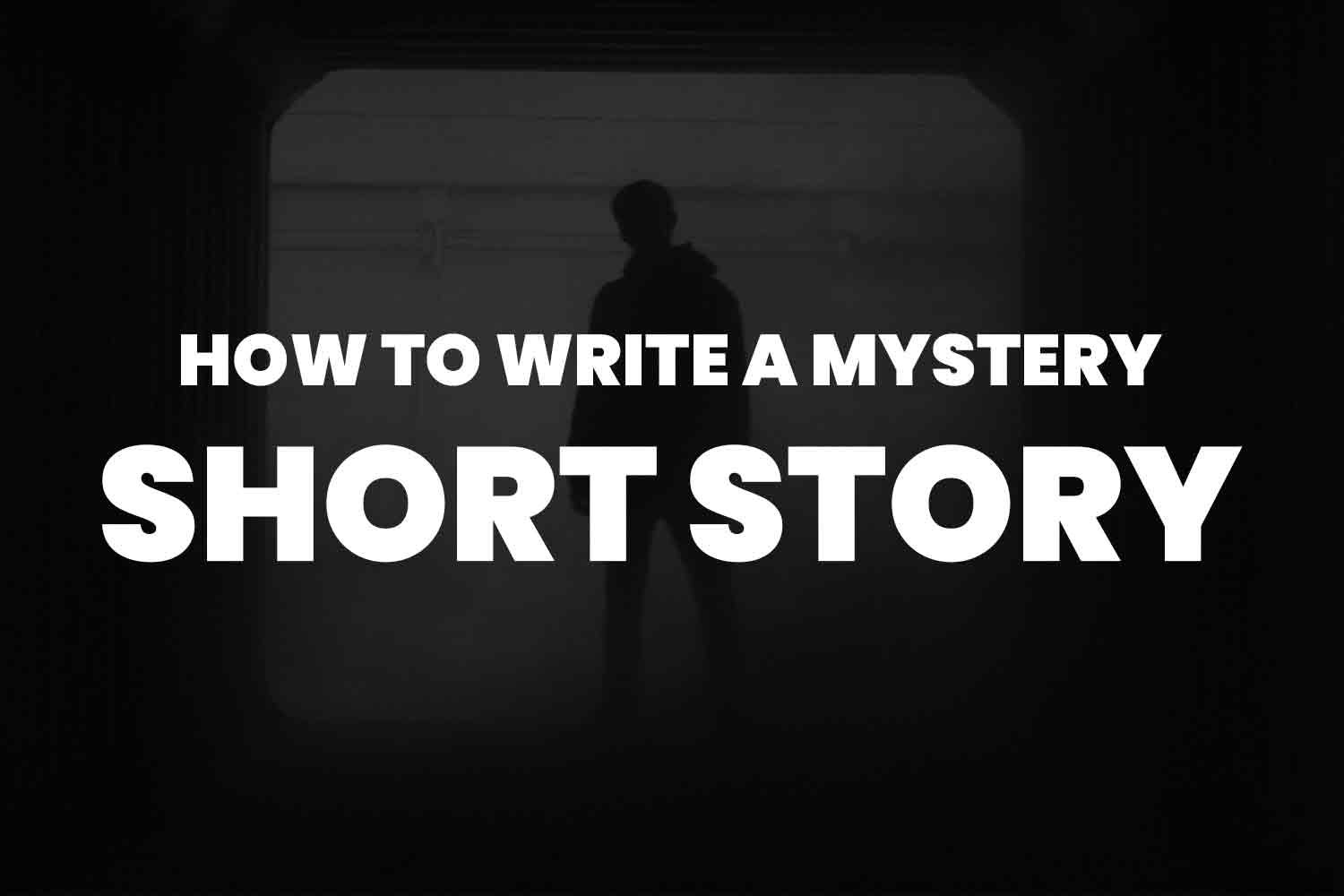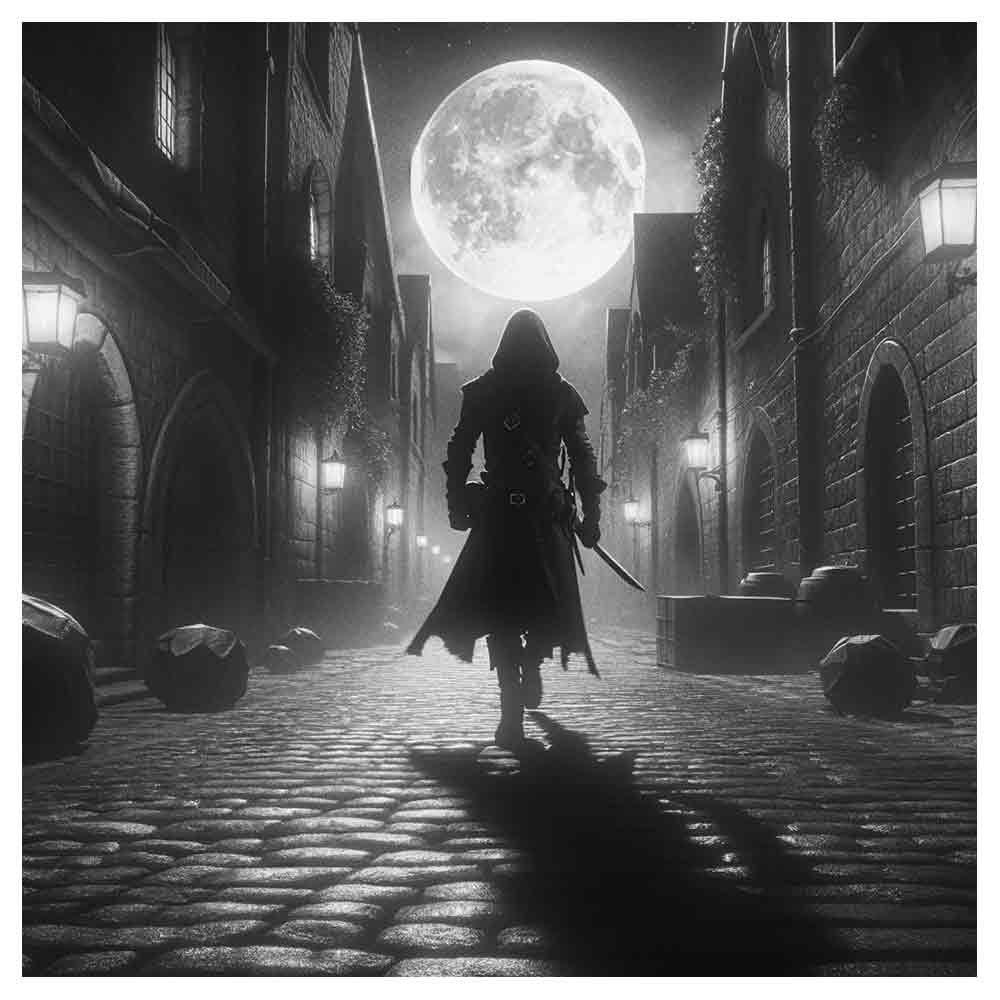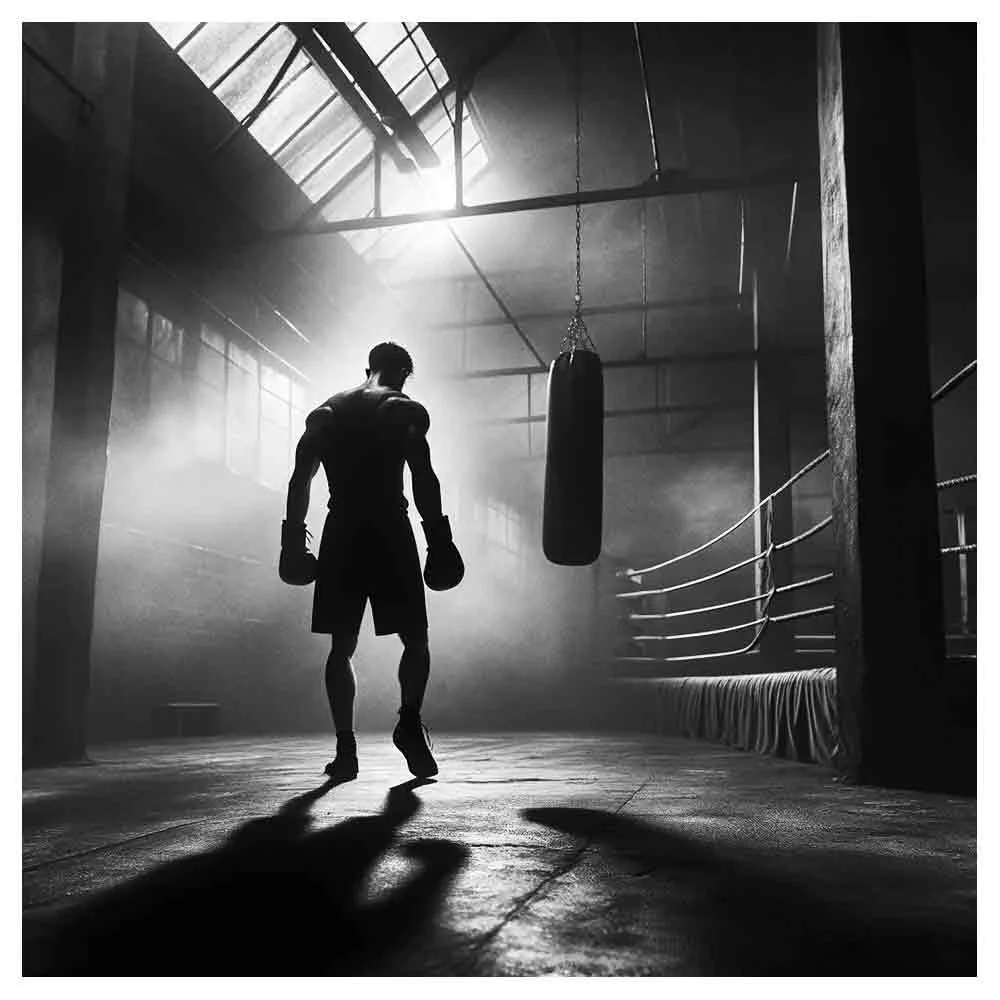How To Write A Mystery Short Story: An In-depth Guide
Delving into the world of mystery writing can seem daunting. Mystery short stories, in particular, pose a unique challenge with their limited word count.
However, it can also be an enriching experience, allowing the writer to create a compelling mystery that captivates the mystery readers.
Today, we will explore how to write a mystery short story that would make even the best-selling crime fiction authors proud.
The Elements of a Great Mystery Short Story
A good mystery story, whether it's a mystery novel or a shorter form like short stories or novellas, always includes certain key elements:
A crime, typically a murder
A detective, professional or amateur, tasked with solving the crime
A list of potential suspects, each with a motive
A series of clues, some leading to the perpetrator, others being red herrings or false clues
A thrilling conclusion where the detective reveals the perpetrator and their motive
In longer forms, such as mystery novels, writers have more room to develop complex characters and intricate plot points and create an immersive atmosphere. However, in a mystery short story, you must convey the same depth within a smaller word count. This demands a high level of skill and creativity.
Plotting Your Mystery Short Story
Plotting is a crucial aspect of writing mysteries. Given the shorter length of the short story, the plot must be tight and engaging.
The Crime
Begin by deciding on the crime that forms the backbone of your story. A murder mystery is a common choice, but other crimes, such as theft or kidnapping, can also form compelling mysteries.
The Detective
Next, introduce your detective. This character can be a professional detective, an amateur sleuth, or even an ordinary person thrown into extraordinary circumstances. The detective's connection to the crime or the story's setting, such as a small town, can add intrigue.
The Suspects
Your mystery should also include a cast of potential suspects, each with a plausible motive for the crime. These characters help to create uncertainty and tension as the reader tries to figure out who the culprit is.
The Clues
Develop a series of clues for your detective to discover. Remember to mix real leads and red herrings to keep your readers guessing.
The Reveal
Plan your reveal carefully. Your detective should solve the crime through a combination of logic, observation, and the process of elimination, not through mere luck or coincidence.
Writing Your Mystery Short Story
The Opening Line
An effective opening line grabs the reader's attention and sets the tone for your story. Use this opportunity to hint at the mystery to come or engagingly introduce your main character.
The Crime Scene
Describing the crime scene is a key part of setting up your mystery. You should provide enough detail to intrigue the reader, but be careful not to reveal too much too soon.
Building Suspense and Tension
As your detective interviews suspect, uncovers clues, and gets closer to the truth, build suspense and tension. This will keep your reader hooked and turning the pages.
The Final Twist
When writing the ending, consider including a final twist. Perhaps the seemingly innocent person was the perpetrator, or the crime had an unexpected motive. This final twist can make your conclusion more satisfying and memorable.
Character Development
Even in a short story, character development is important. Your main character, in particular, should grow or change in some way by the end of the story.
Revising Your Mystery Short Story
Once you've written your first draft, it's time to revise. Look for plot holes, unclear motivations, or characters that need more development. This is also a good time to refine your language and pacing. Writing a mystery short story is an iterative process, and it's not uncommon to go through several drafts before you're satisfied.
Reading Other Mysteries
To improve your writing, read other mystery stories and mystery novels. Study how other writers craft plots, build suspense and develop characters. You can learn much from classic mystery books, great mystery novels, and even cozy mysteries.
Conclusion
Writing a mystery short story requires a careful balance of plot, character development, and suspense. By understanding the critical elements of a mystery and applying them to the shorter form of the short story, you can create a compelling, satisfying read.
Remember, even though you're working with a smaller word count, your mystery should still deliver a compelling plot, complex characters, and a stunning conclusion.
Happy writing!
Frequently Asked Questions about Writing a Mystery Short Story
How can I make my mystery short story interesting?
First and foremost, create compelling characters and an engaging plot. Use red herrings or false clues to misdirect your readers and keep them guessing. Lastly, ensure your story has a surprising yet satisfying conclusion that ties all loose ends together.
What makes a good detective character?
A good detective can either be a professional detective or an amateur sleuth. They should be observant, intelligent, and persistent in their quest for the truth. They can also have personal flaws or quirks to make them more relatable and human.
How can I create suspense in my mystery short story?
Suspense can be built by introducing unexpected plot twists, keeping the perpetrator's identity hidden, and constantly raising the stakes for your detective. Your detective might also face time constraints, personal danger, or other complications that add tension to the story.
What is the ideal word count for a mystery short story?
Word count can vary widely, but most short stories range from 1,000 to 7,500 words. This word limit challenges writers to craft a tight, compelling narrative. Keeping your plot concise and to the point in a short story is essential.
How can I improve my mystery writing skills?
Reading widely in the mystery genre, including classic mystery books, great mystery novels, and other mystery stories, is a great way to learn. You can also practice regularly, get feedback from others, and revise your work multiple times.
How to keep a reader hooked in a mystery story?
A gripping opening line, a plot filled with suspense and surprises, and a dynamic detective character are essential. Also, you can engage your reader by making them care about what happens to the characters. The more the reader is invested in the characters, the more likely they are to keep reading to discover what happens.
Can the detective be the bad guy in a mystery story?
While it's less common, the detective can be the 'bad guy.' This kind of twist can be very shocking to the reader, but it must be handled carefully to avoid feeling like a cheap trick.
How important is the setting in a mystery short story?
While not as crucial as in a full-length novel, the setting can still add much to a short story. It can set the mood, provide clues or red herrings, and influence the characters' behaviors.






























